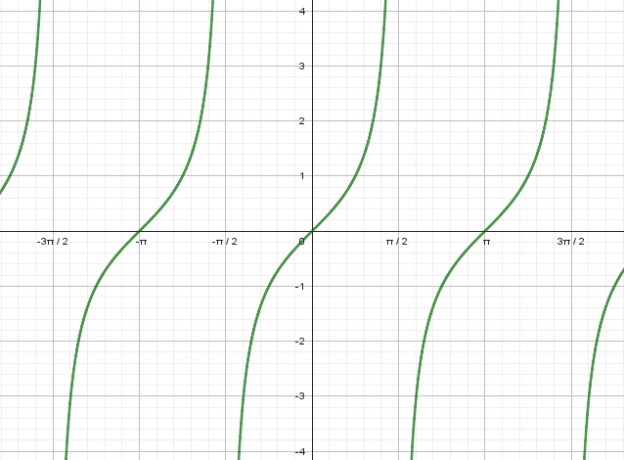While many people drink caffeine to “wake up” and stay alert, its excessive consumption can negatively impact your routine, leading to numerous side effects. Caffeine's effects are measured by its half-life which ranges from 5-7 hours. Caffeine is a stimulating substance belonging to the xanthine group, with coffee being the main source of consumption of this substance. Some tea leaves also have caffeine, as well as cocoa and mate herb. Keep reading to learn more about the impacts of this drink.
Read more: Understand why coffee has become the main drink in the morning
see more
Secret of youth? Researchers reveal how to reverse…
The "powers" of porridge: check out the benefits of oats in…
Possible consequences of coffee consumption
The recommended daily consumption is 400 mg, equivalent to 4 cups of coffee. Below are some symptoms that indicate that your daily caffeine intake is above the recommended level:
Tachycardia
Caffeine has several effects on the central nervous system and its consumption induces the secretion of cortisol, which is the main stress hormone in the body. A sudden rush of this hormone causes your blood pressure to rise and your heart to beat faster. The increase in heart rate occurs quickly after consuming caffeine, within 15 minutes, and can take up to 6 hours to return to normal.
Anxiety
Caffeine's stimulant effect can increase your energy or improve your alertness without adverse effects when consumption is moderate, but its intake above the recommended daily intake may induce or intensify anxiety symptoms such as irritability, restlessness, dizziness, nausea and headache. head.
digestive problems
Caffeine increases the motility and muscle contraction of the gastrointestinal tract, facilitating evacuation. However, it is also a known diuretic and, if you are not careful, it can cause dehydration.
Caffeine consumption increases blood flow to the kidneys, causing an increase in urine production that can lead to dehydration, resulting in constipation.
Due to its acidity, caffeine stimulates the secretion of gastric juices and can cause irritation. intestinal and digestive problems, in addition, its excessive consumption has been associated with ulcers and gastritis.
Insomnia
Studies show that caffeine interferes with the circadian cycle. Its consumption reduces sleep time, efficiency and satisfaction levels.
Sleep interrupted by caffeine can lead to sleep deprivation the next day, which is characterized by fatigue and problems with learning, memory, problem solving, and emotion regulation.
If you identify any of the above symptoms, it is recommended to limit the consumption of caffeine-containing beverages. Decaffeinated versions of teas and coffees can be an alternative to reducing your intake.


